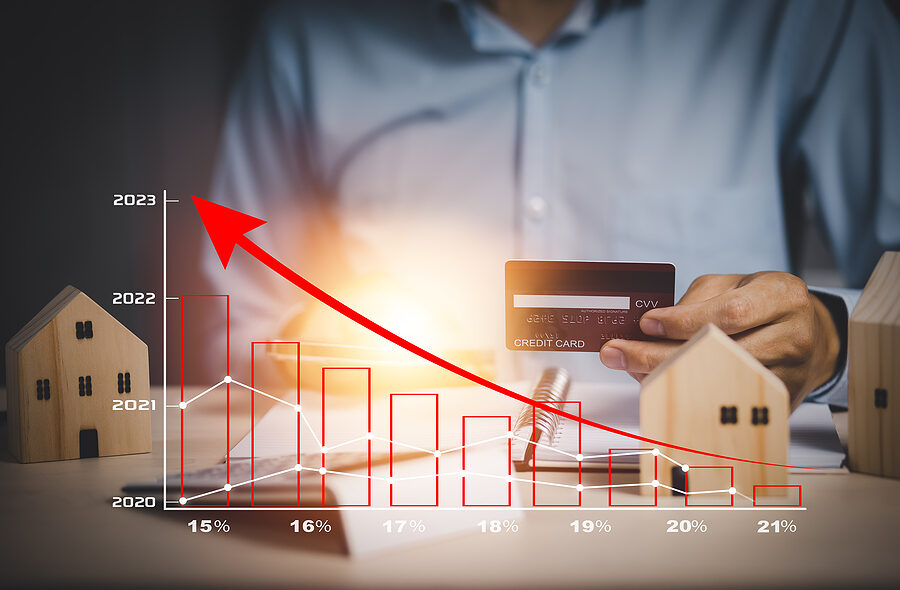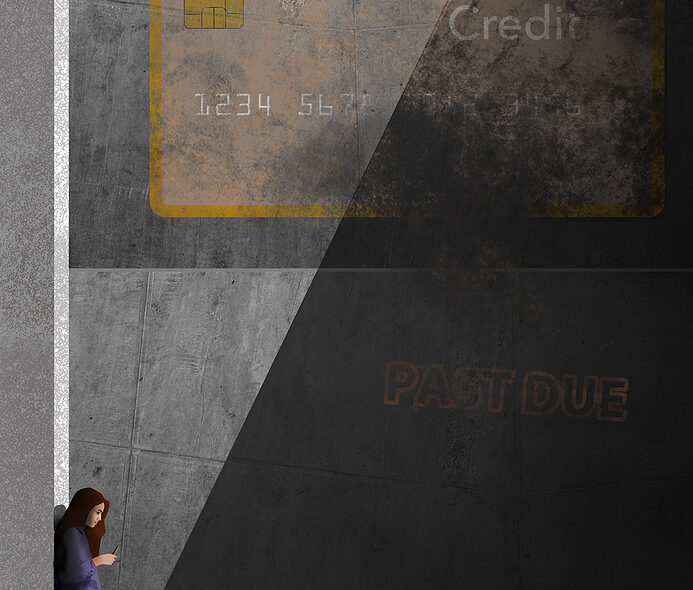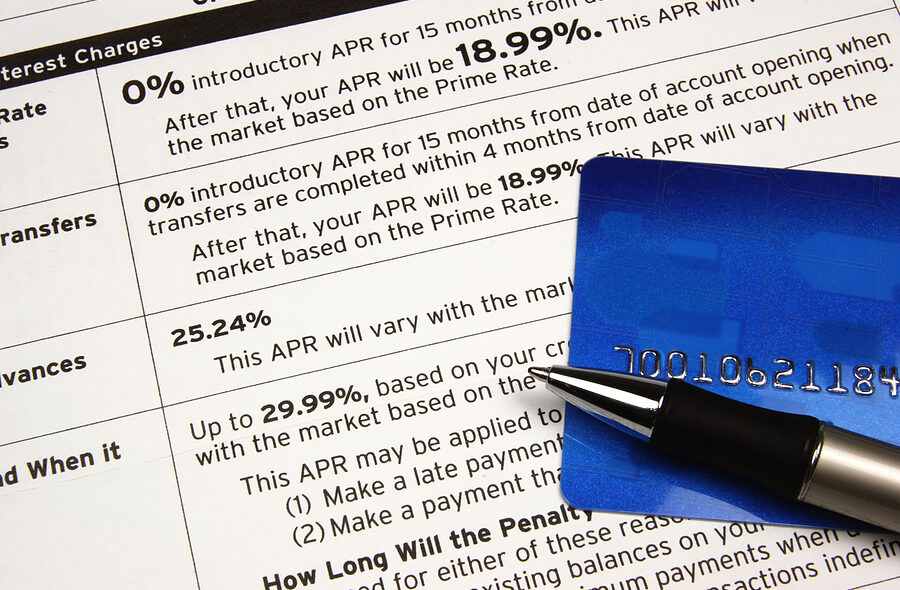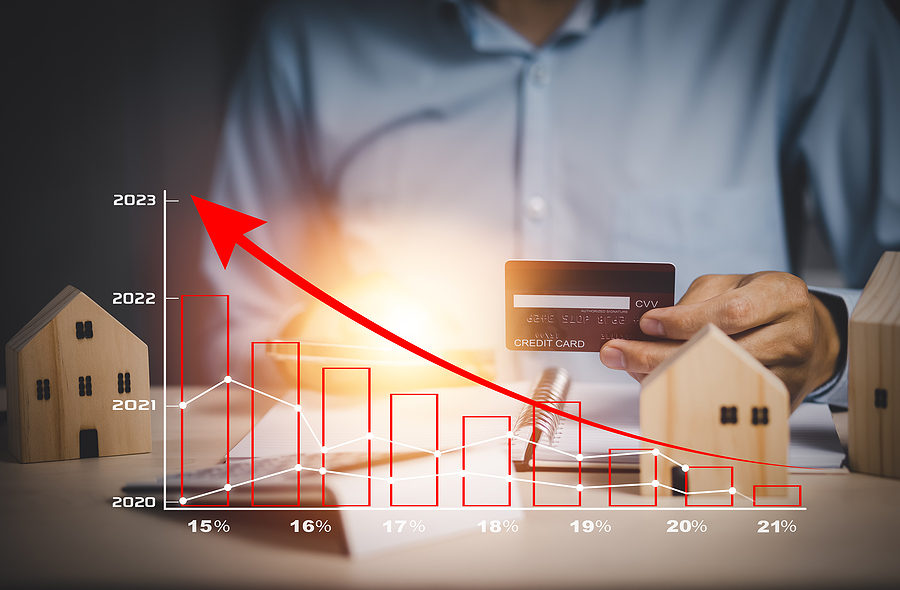While credit card interest rates are at an all-time high, the amount of retirees with credit card debt has increased substantially.
About 68% of retirees had outstanding credit card debt in 2024, up from 40% in 2022 and 43% in 2020, according to a new poll by the Employee Benefit Research Institute.
This is a worrisome financial trend, since many retirees are on a fixed income. About 2 in 5 cardholders have maxed out or nearly hit their card limit since early 2022, resulting from inflation and higher interest rates, according to a recent Bankrate poll.
There are a few ways retirees can get their credit card debt under control.
- Reduce expenses
- Boost income
- Reduce your interest rate
As bankruptcy attorneys, we see credit card debt as one of the most common problems facing those with serious financial challenges.
Filing for bankruptcy is a viable option for those struggling with insurmountable credit card debt. Chapter 7 is the fastest form of consumer bankruptcy and forgives most unsecured debts like credit card debt, medical bills, and personal loans. There are certain qualifications a consumer must meet in regard to income, assets, and expenses to file for Chapter 7 bankruptcy, which is determined by the bankruptcy means test.
Please click here to read more.
If you have questions on this topic or are in financial crisis and considering filing for bankruptcy, contact an experienced Miami bankruptcy attorney who can advise you of all of your options. As an experienced CPA as well as a proven bankruptcy lawyer, Timothy Kingcade knows how to help clients take full advantage of the bankruptcy laws to protect their assets and get successful results. Since 1996 Kingcade Garcia McMaken has been helping people from all walks of life build a better tomorrow. Our attorneys help thousands of people every year take advantage of their rights under bankruptcy protection to restart, rebuild and recover. The day you hire our firm, we will contact your creditors to stop the harassment. You can also find useful consumer information on the Kingcade Garcia McMaken website at www.miamibankruptcy.com.




